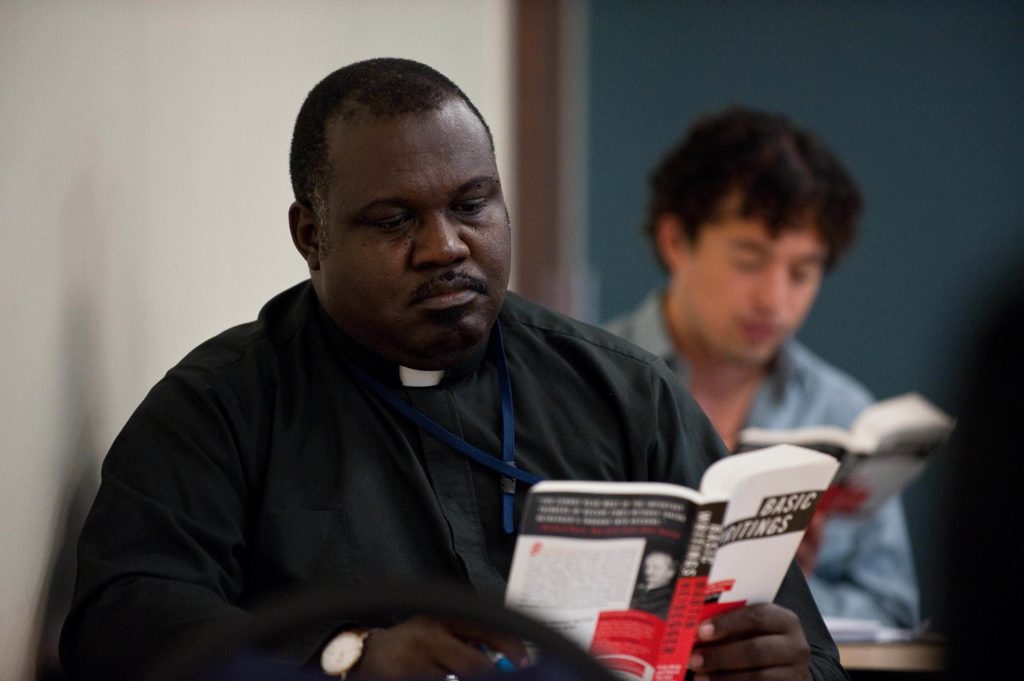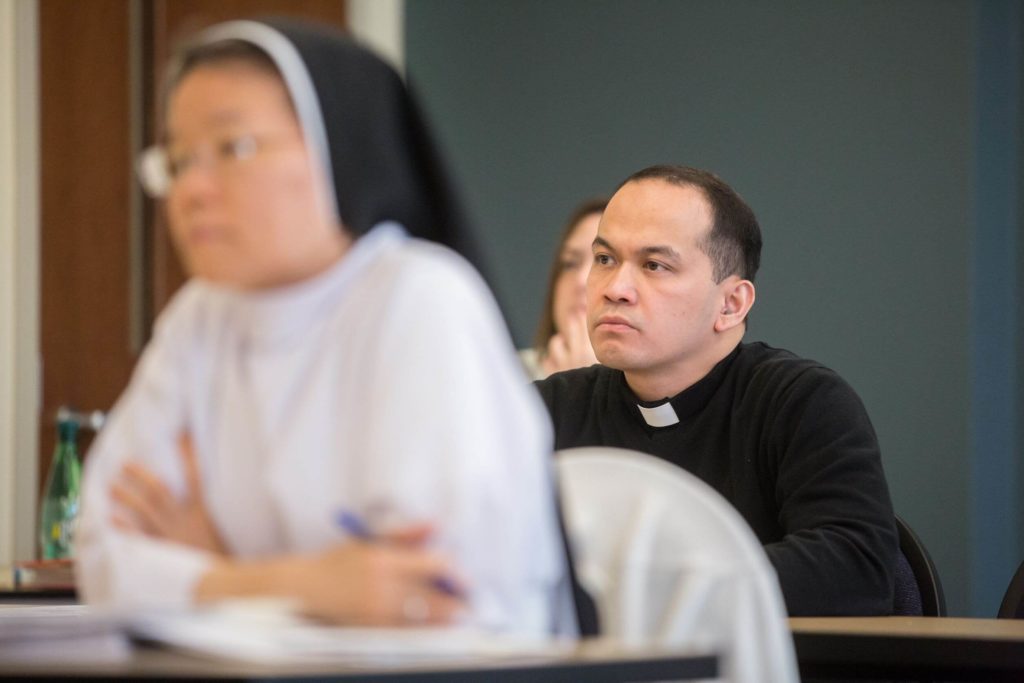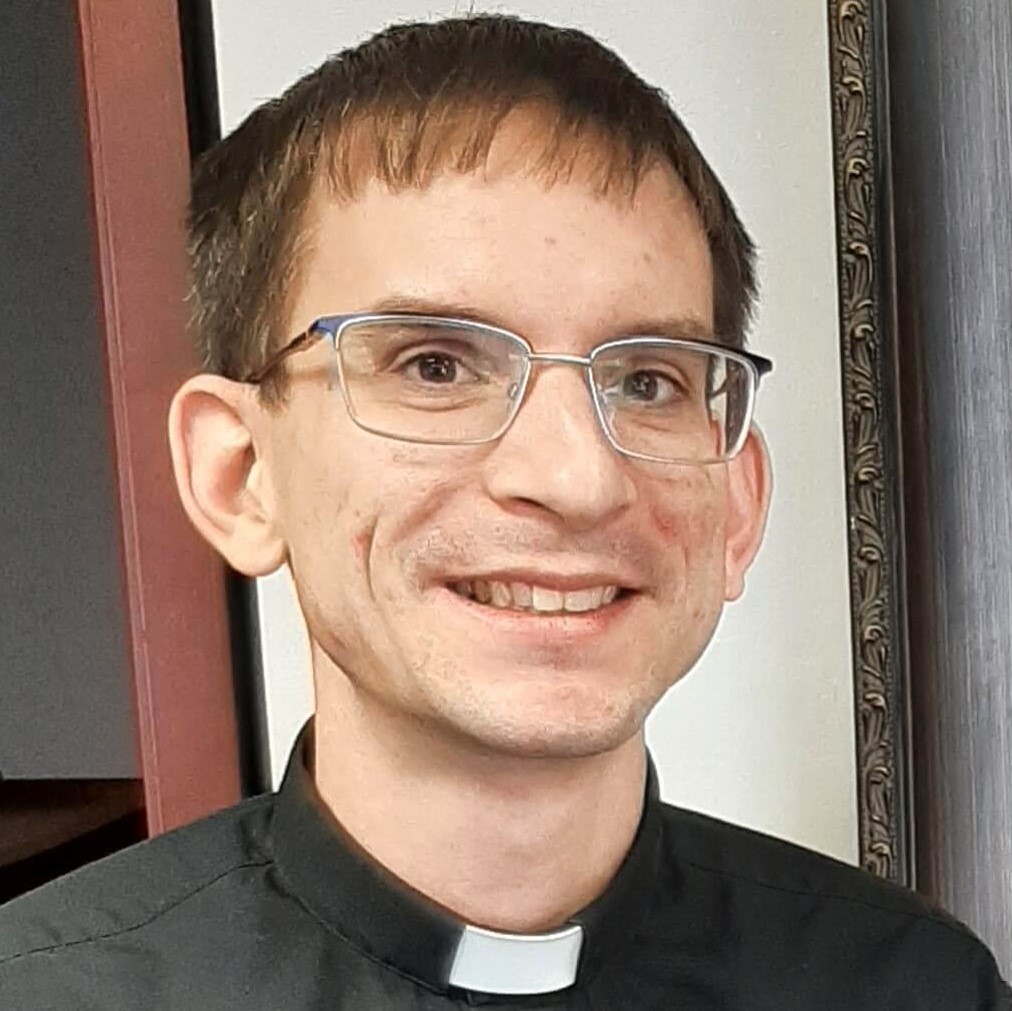General Information
Admission to the S.T.L. program requires the pontifical Bachelor of Sacred Theology (S.T.B.).
| Application Form | The application form may be completed online or by PDF. Links to both options are available on the Apply page. |
| Application Fee | The application fee is $75 and is non-refundable. |
| References | At least three letters of recommendation from faculty members of academic institutions formerly attended. Please ask the professors to compare your achievement with that of other students at your level and to evaluate your readiness for graduate studies. These letters must be sent directly to the John Paul II Institute by the recommender through our online portal, by mail, or by email to [email protected]. You will need to complete a waiver for each reference letter. If you are completing the application online, the waiver form is included in the online application form. If not, a copy of the waiver form must accompany the mailed or emailed letter. |
| Essay | In a 1500-word essay, explain your intellectual interests and their relation to the mission of the Institute relative to the current cultural situation. You may wish to refer to the brochure “The Nature and Purpose of the Institute.” Your essays should be formatted in double-spaced, 12-point font, and may be uploaded as part of the online application or emailed to [email protected]. |
| Transcripts and Graduation Documentation | 1. Official transcripts of all post-secondary education (sent by the institution). 2. An official copy of your high school diploma or transcript |
| GRE Scores | Official Graduate Record Exam (GRE) scores are required for admissions to all degree-seeking programs at the time of application. Our institutional code is 3533, and we are listed as the Pontifical John Paul II Institute. |
| Identification | 1. Electronic photo (headshot). May be uploaded as part of the online application or sent to [email protected]. 2. A copy of your birth certificate and driver’s license/state ID, or a copy of your passport. |
| TOEFL Scores and Admissions Supplement (International Students Only) | 1. Applicants for whom English is a second language must submit TOEFL scores. Our TOEFL code is 8751. 2. Applicants who are not U.S. citizens must submit a completed Admissions Supplement Form. |
| Letter of Permission (Clergy and Religious Only) | A letter of permission to study from your bishop or provincial. |
S.T.L. students must complete 48 credits of prescribed three-credit courses, in addition to selected seminars as announced during the course of the school year, with a grade-point average of 3.0. S.T.L. students must write and defend a thesis and satisfactorily present a lectio coram in order to receive the degree.

Program Elements
Students are required to demonstrate reading proficiency in scholastic Latin by successful completion of a written examination administered by Institute faculty. This requirement is to be fulfilled during the first semester of residency.
Students must also demonstrate reading proficiency in a modern language from the following list: French, Spanish, Italian, German. Proficiency is ordinarily demonstrated by successful completion of a written examination administered by Institute faculty. This requirement must be fulfilled by the end of the third semester, but students are urged to fulfill it by the end of the first year.

S.T.L. students must satisfactorily present a lectio coram during the final semester of study, following the completion and approval of the thesis. The lectio coram is a magisterial lecture, lasting a minimum of 45 minutes (20-minute lecture/25-minute question period) before a panel of three examiners, comprised of the thesis director and the two readers of the thesis. The lectio coram should demonstrate the candidate’s competence in theology and as a teacher. It should be a lecture on a specific theological issue taken up during the course of studies for the licentiate. It must be clearly and logically organized, manifest the candidate’s familiarity with a wide range of relevant literature, and exhibit soundness of theological judgment. The lectio coram is open to the public.
The thesis is an integral part of the S.T.L. curriculum, requiring several months’ planning, research, analysis, exposition, revision, and discussion. It entails both the independent investigation of some significant question arising from the work of the program and a defense of the conclusions reached. It should give evidence of training in research and make a contribution to theological knowledge involving a limited, yet significant, problem of investigation. It must prove the student’s familiarity with basic methods and techniques of research, mastery of the limited subject matter, and ability to exercise sound theological judgment and to formulate accurate conclusions. The thesis director, more a critic than a teacher, provides major assistance in defining the question to be examined. The student alone is responsible for working out the question and its resolution. The completed thesis must be judged worthy of publication, at least in part, in a scientific journal.
Directly following successful completion of the lectio coram, the student must defend the thesis in an oral examination of approximately 30 minutes, to be conducted by the thesis board of three professors (the thesis director and the two readers).
